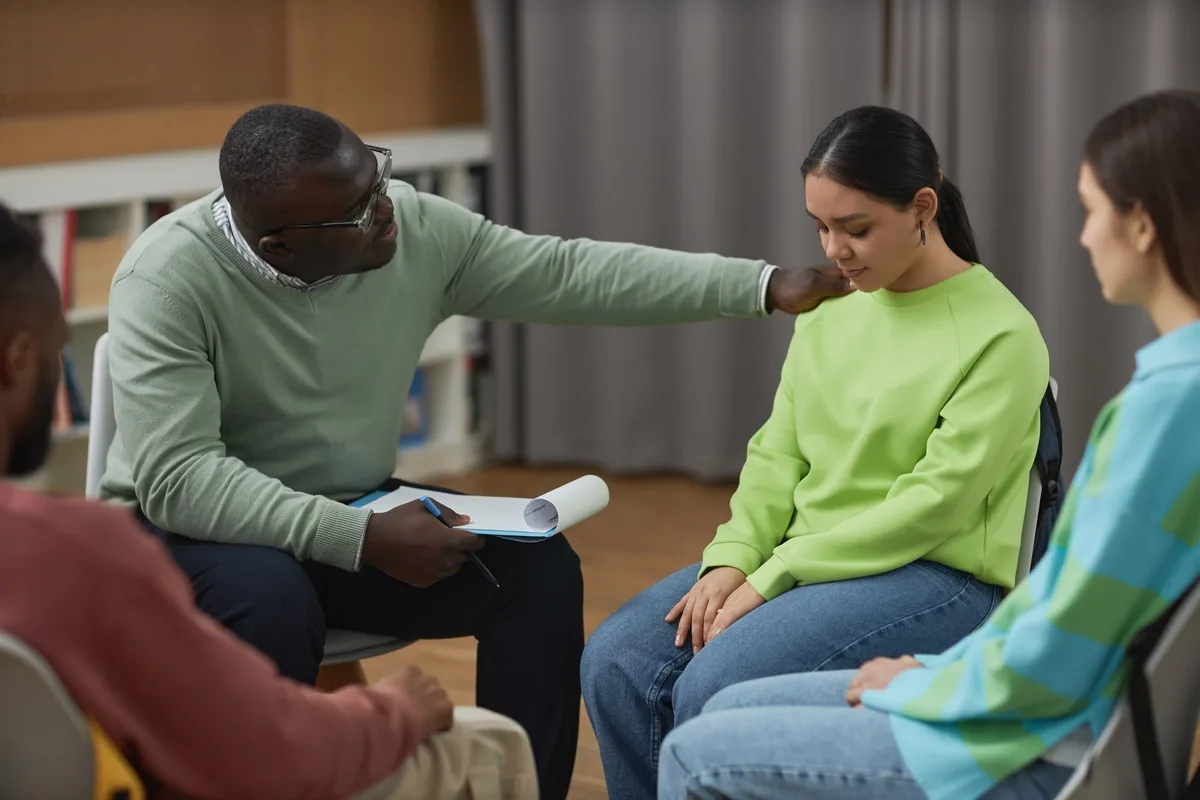24/7 Helpline:
(866) 899-221924/7 Helpline:
(866) 899-2219
Learn more about Dual Diagnosis Rehab centers in Morrow County

Other Insurance Options

UMR

Molina Healthcare

Absolute Total Care

Premera

WellPoint

Optum

Anthem

Oxford

Private insurance

GEHA

Ambetter

Evernorth

UnitedHealth Group

ComPsych

WellCare Health Plans

Highmark

BHS | Behavioral Health Systems

PHCS Network

Ceridian

Sliding scale payment assistance

Sperohealth
Sperohealth is a private rehab located in Boardman, Ohio. Sperohealth specializes in the treatment o...

PsyCare – Boardman Clinic
PsyCare – Boardman Clinic is a private rehab located in Boardman, Ohio. PsyCare – Boardman Clinic sp...

Travco Behavioral Health
Travco Behavioral Health offers outpatient services for people struggling with substance abuse or me...

















Community Counseling Solutions
Community Counseling Solutions offers outpatient services for those individuals dealing with mental ...

Community Counseling Solutions – Lakeview Heights
Community Counseling Solutions - Lakeview Heights is a residential treatment program for individuals...










